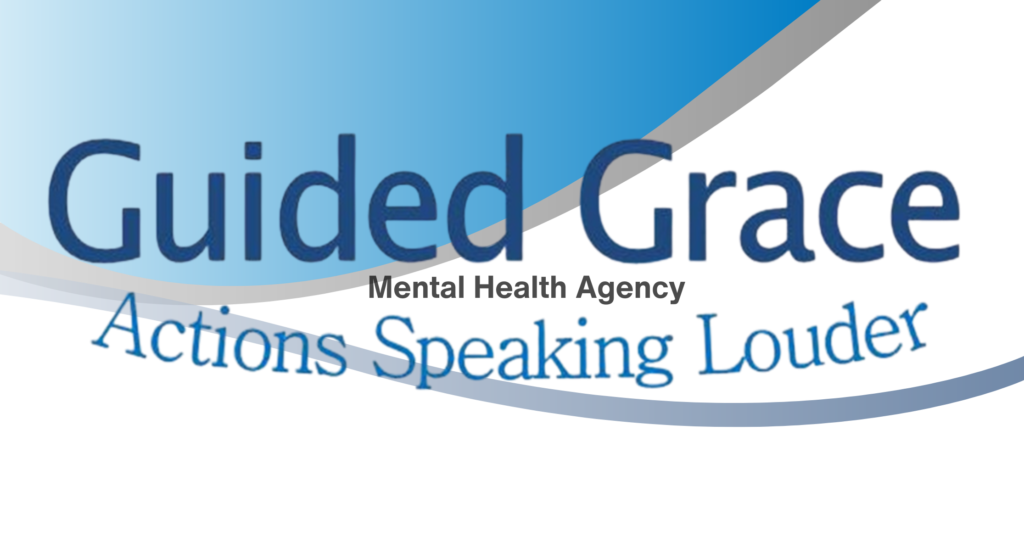Specialties

Family / Marital

Youth Therapy

In-Person Group Therapy

Mindfulness-Based Cognitive Therapy (MBCT)

Our Guarantee
Cognitive Behavioral Therapy (CBT)
Cognitive-behavioral therapy stresses the role of thinking in how we feel and what we do. It is based on the belief that thoughts, rather than people or events, cause our negative feelings. The therapist assists the client in identifying, testing the reality of, and correcting dysfunctional beliefs underlying his or her thinking. The therapist then helps the client modify those thoughts and the behaviors that flow from them. CBT is a structured collaboration between therapist and client and often calls for homework assignments. CBT has been clinically proven to help clients in a relatively short amount of time with a wide range of disorders, including depression and anxiety.
Dialectical Therapy (DBT)
Dialectical Behavior Therapy (DBT) is the treatment most closely associated with Borderline Personality Disorder (BPD). Therapists practice DBT in both individual and group sessions. This combines elements of CBT to help with regulating emotion through distress tolerance and mindfulness. The goal of Dialectical Behavior Therapy is to alleviate the intense emotional pain associated with BPD.
Eclectic Therapy
Many practitioners take an eclectic approach to therapy, drawing upon various aspects of cognitive-behavioral and psychodynamic methods to create their own custom-made approach. Such therapists often work with their clients to create a treatment plan that encompasses different techniques to best address the client’s particular problems and to appeal to their sensibility.
Intervention Therapy
An intervention is a planned attempt by the family and friends of the subject to, in effect, get them to seek help for an addiction (i.e. drugs, medications, gambling) or other serious problem. Interventionists (as they are sometimes called) or intervention specialists often work with treatment facilities in order to provide the patient after-care that will be necessary.
Narrative Therapy
Narrative Therapy uses the client’s storytelling to indicate the way they construct meaning in their lives, rather than focusing on how they communicate their problem behaviors. It embraces the idea that stories actually shape our behaviors and our lives and that we become the stories we tell about ourselves. There are helpful narratives we can choose to embrace as well as unhelpful ones. Although it may sound obvious, the power of storytelling is to elevate the client–who is the authority of their narrative–rather than the therapist, as an expert.
Solution Focused Brief Therapy (SFBT)
Solution-focused therapy sometimes called “brief therapy” focuses on what clients would like to achieve rather than on their challenges or mental health issues. The therapist will help the client envision a desirable future, and then map out the small and large changes necessary for the client to undergo to realize their vision. The therapist will seize on any successes the client experiences, to encourage them to build on their strengths rather than dwell on their problems or limitations.
Therapy can help manage any of the
following conditions:
- ADHD
- Addiction
- Adoption
- Anger Management
- Antisocial Personality
- Anxiety
- Behavioral Issues
- Bipolar Disorder
- Borderline Personality
- Child or Adolescent
- Chronic Impulsivity
- Codependency
- Coping Skills
- Depression
- Developmental Disorders
- Divorce
- Domestic Abuse
- Sexual Abuse
- Sexual Addiction
- Spirituality
- Suicidal Ideation
- Teen Violence
- Domestic Violence
- Eating Disorders
- Emotional Disturbance
- Family Conflict
- Gambling
- Grief
- Internet Addiction
- Medication Management
- Narcissistic Personality
- Obsessive-Compulsive (OCD)
- Oppositional Defiance
- Parenting
- Peer Relationships
- Relationship Issues
- School Issues
- Self Esteem
- Self-Harming
- Testing and Evaluation
- Transgender
- Trauma and PTSD
- Video Game Addiction
Age Groups
- Toddlers / Preschoolers (0 to 6)
- Children (6 to 10)
- Preteens / Tweens (11 to 13)
- Adolescents / Teenagers (14 to 19)
- Adults
- Elders (65+)
Mental Health
- Dissociative Disorders
- Impulse Control Disorders
- Mood Disorders
- Personality Disorders
- Psychosis
- Thinking Disorders
Sexuality
- Bisexual
- Gay
- Lesbian
